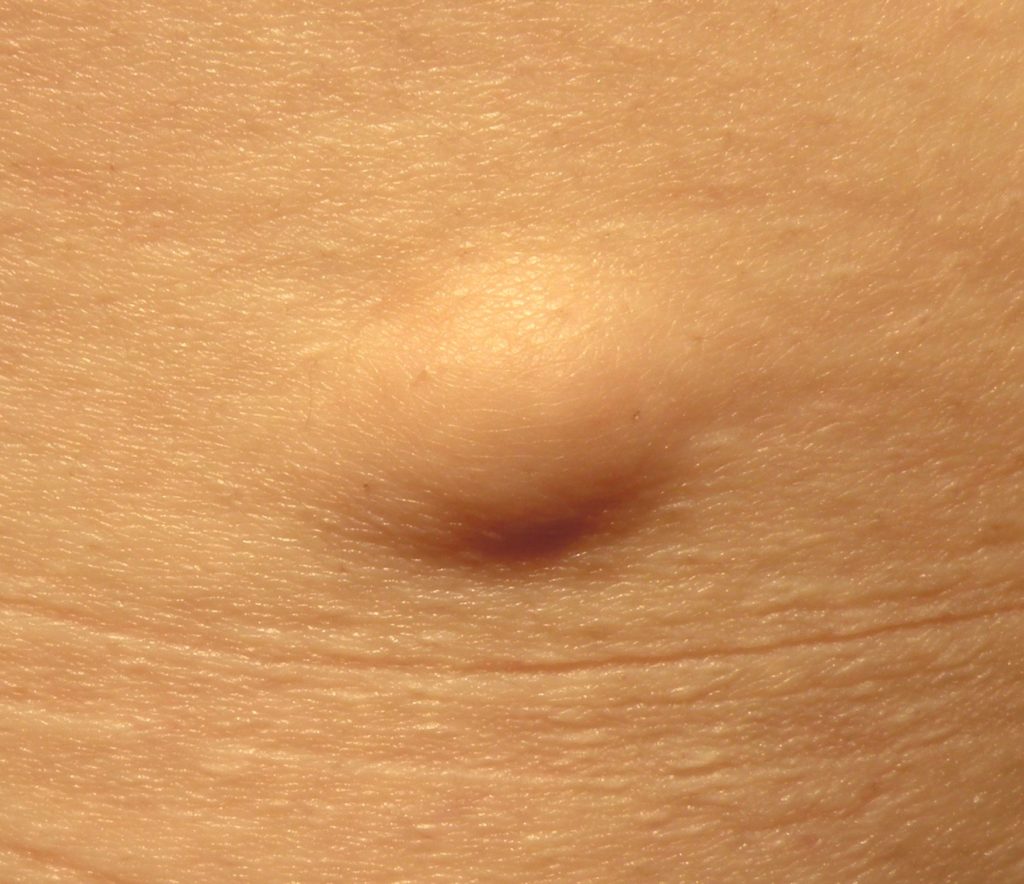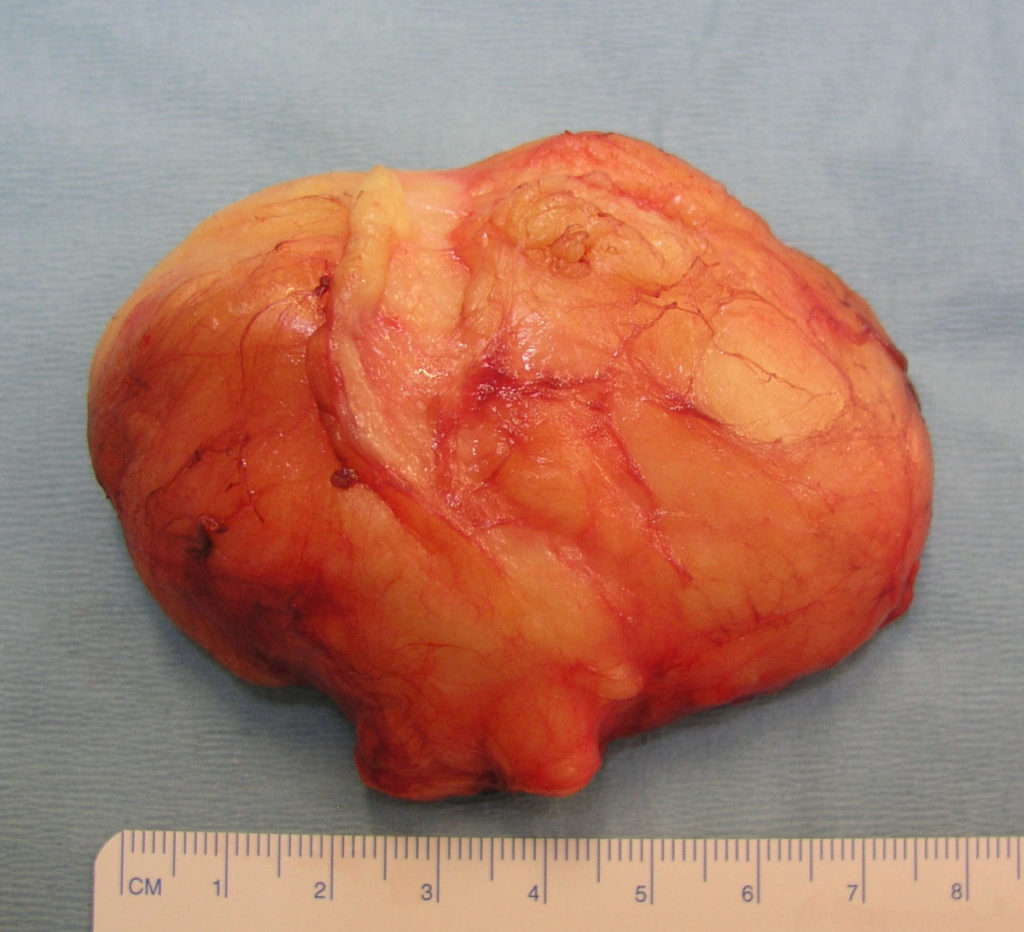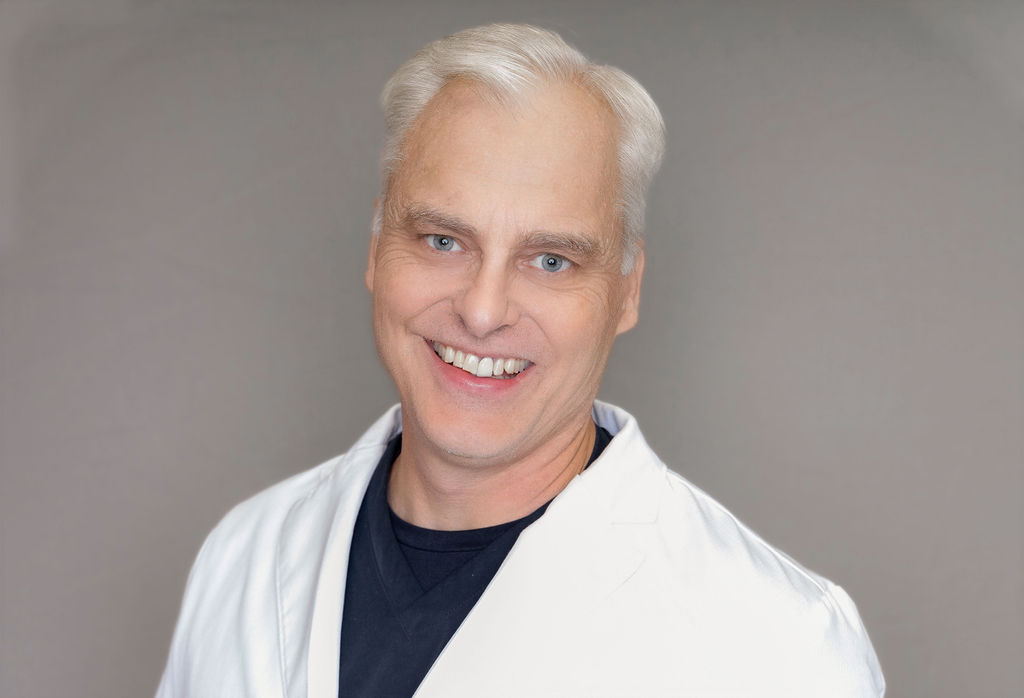In the USA, the Orphan Drug Act of 1983 defines a rare disease as affecting under 200,000 individuals. Dercum’s disease (DD) is a loose connective (adipose) tissue disease characterized by painful lipomas. While considered rare, the prevalence of Dercum’s disease has not been systematically assessed previously.
Dercum’s Disease is named after Dr. Francis Xavier Dercum who first described the disorder while at the University of Pennsylvania in 1888. Dercum’s disease is a rare disease characterized by multiple, painful lipomas. They may occur anywhere on the body but are more often found on the upper arms, upper legs and trunk. They are usually found just below the skin or subcutaneously. Dercum’s disease occurs in women more than men and rarely occurs in children. Pain associated with Dercum’s disease can often be severe. The exact cause of Dercum’s disease is unknown.
The lipomas of Dercums often form slowly but they can quickly become very painful and that pain can wax and wane. The lipomas can vary greatly in size. Some can be tiny and very hard to feel without a careful exam. Other lipomas can be large. Often the lipomas can be quite large. The lipomas can round, but more often than not are irregular shaped and with protrusions or tentacle-like fingers that make them hard to localize or remove completely surgically.


Lipomas are collections of fat wrapped in fibrous connective tissue. They are sometimes called benign fatty tumors. About twenty percent of lipomas also contain blood vessels which are called Angio-lipomas.
Swelling can occur around the lipomas or all over the body. When the swelling occurs the pain can increase. The reason for the swelling with Dercum’s disease is not known. It can come and go with or without treatment.


The literature reports many that can be associated with Dercum’s disease, but most individuals with the disease do not have any of these symptoms. The most common symptoms are sleep disturbances, insomnia, fatigue, mobility problems. The symptoms include skin flushing easy bruisability. Cognitive difficulties such as trouble finding words and memory deficits. Gastrointestinal conditions such as Irritable Bowel Symptoms and Gastric Reflux. Cardiovascular symptoms such as tachycardia, palpitations and shortness of breath.
Dercum’s Disease Research
In a recent paper published in Future Medicine (2021), experts estimate the prevalence of DD using PubMed, the UK Biobank, the US Agency for Health Research and Quality Healthcare Cost and Utilization, physician practices, social media forums and internet searches. Ultimately, they found the prevalence of DD to be less than 200,000 individuals in the US. While it’s possible that underestimation may occur because Dercum’s disease is not well known and may be misdiagnosed, it’s still believed that DD meets requirements of the Orphan Drug Act to be classified as a rare disease. Further research should focus on representative population samples in the USA to better estimate the prevalence of DD as an important first step to increase recognition, research efforts and patient care for people living with DD. Read the full study with Future Medicine here.
To find out more about this disease please go to Lipomadoc.org or NORD.
References
Munguia N, Mozayeni BR, Wright TF, Herbst KL. Dercum’s disease: estimating the prevalence of a rare painful loose connective tissue disease. Future Rare Diseases. 2021;1(1). doi:10.2217/frd-2020-0004
https://doi.org/10.2217/frd-2020-0004 https://www.futuremedicine.com/doi/pdf/10.2217/frd-2020-0004







